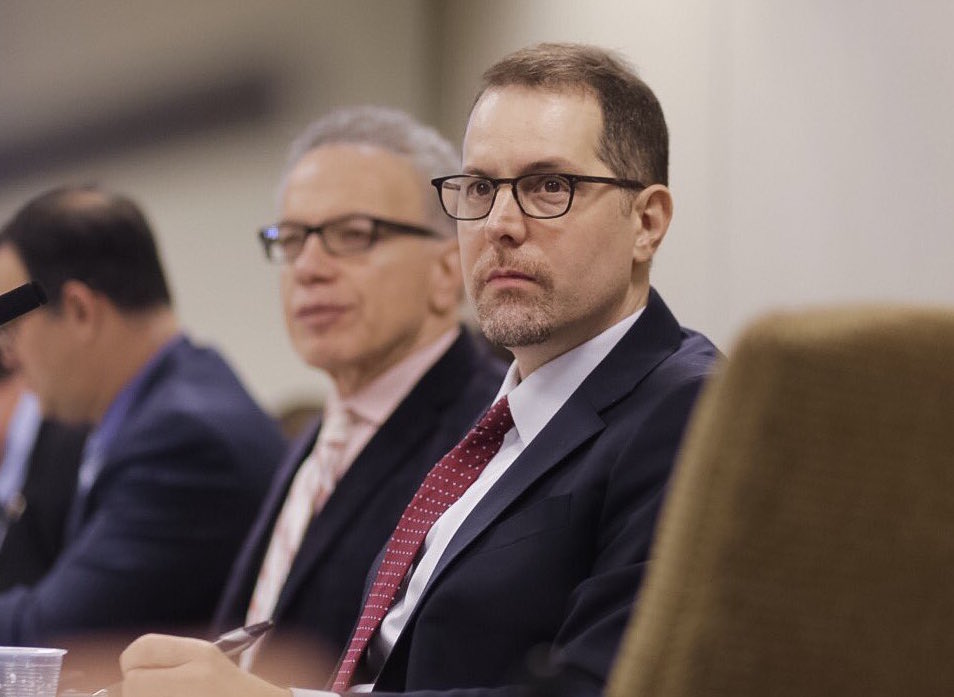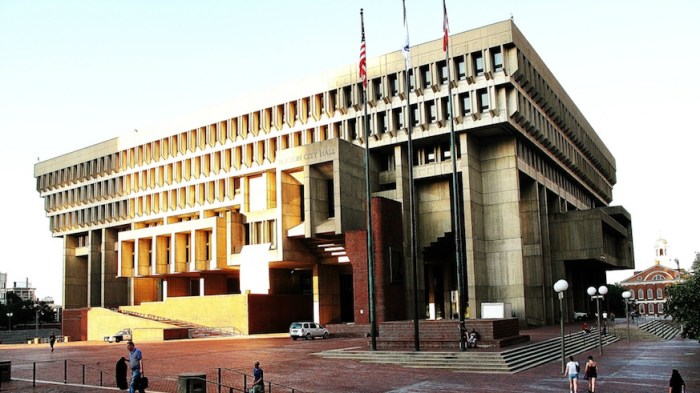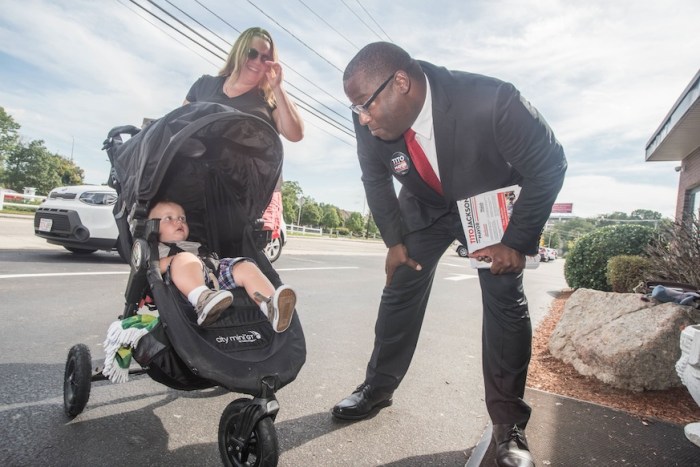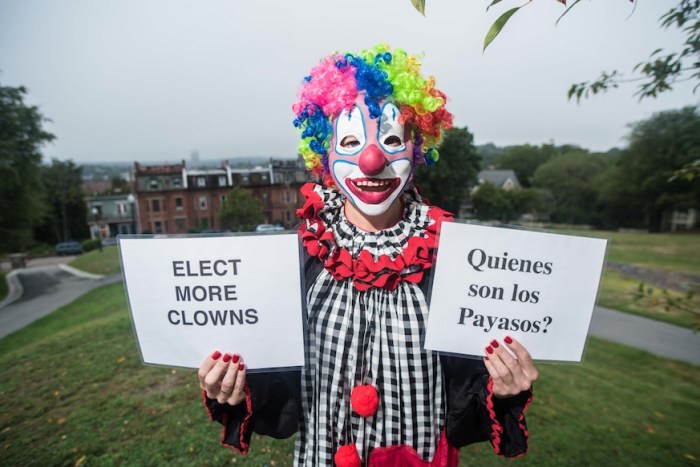Money to renovate the Booker T. Washington playground at West 108th Street and Amsterdam Avenue was allocated over four years ago, but the upgrade isn’t expected to be completed for three or more years. Similarly, cash for improvements to the Broadway Malls from West 137th through139th streetswas allocated over four years ago. Completionis slated for 2019.
“The fact that it takes four, five, six years to complete parks projects, even relatively small ones, is just unacceptable for members of the council,” City Councilman Mark Levine told Metro. “It’s just tremendous frustration for the slow pace of this work.” Thecity’s Department of Parks and Recreation is on the hot seat for what appears to be excessive delays and costs in renovating playgrounds, pouring asphalt and building bathrooms.
“We’re talking about renovating playgrounds,” said Levine, who chairs the Council’s parks committee. “There’s just no reason that needs to take seven years.”
Discontented city councilmembers grilled parks commissionerMitchell Silver at a special hearing Thursday on why simple parks projects lag in comparison to the city’s larger, more complex capital projects, such as schools. Theyproposed legislation mandating more frequent updates on the status of projects. There are currently 549 projects in various stages of development in the city’s 1,900 public parks.
Last year, 97 of 101 parks projects in the construction phase were completed “on time,” according to parks department records. However, councilmembers argue that those figures don’t reflect the entire lifespan of projects. Councilmembersat the hearing were also flabbergasted to hear the current cost of building the average comfort station — park restroom — is now nearing $3 million, a 175 percent increase since 2011. “It’s almost impossible to believe,” Levine said. “It’s not a complicated project. It’s a two room house when it comes down to it.”
But the bombshell revelation from the hearing is that the parks department doesn’t measure how long a project takes from the time it’s funded, Levine said. Instead, the department starts the clock when construction begins, not accounting for design or procurementlengths. Commissioner Silver assuredthe Councilmembersthatstreamlining theprocess is his top priority, andsince he took the position in 2014 he has reduced drags in the design phase by two months, and reducedpaperwork processingfrom two weeks to two days. Silver, joined by Therese Braddick, deputy commissioner for capital projects, and Matt Drury, director of government relations, attributedsome of the delays tocumbersomeregulations.
The commissionernoted that the online Capital Project Tracker tool he helped launch in 2014, which allows the public to look up the status of any capital project, as an example of the department’s transparency. “Since taking office in 2014, Commissioner Silver has led comprehensive reforms to the capital process that have reduced overall project time by approximately six months. These reforms include reducing change orders, standardizing design, and increasing transparency with our Capital Projects Tracker,” Parks spokesperson Sam Biederman told Metro in an email. “The commissioner has clearly done a lot of work internally, but we don’t know yet what kind of gains we’re making because we are not measuring the full timeline,” Levine said.
City Council members blister Parks Department for ‘unacceptable’ project delays

NYC Council/William Altriste


















